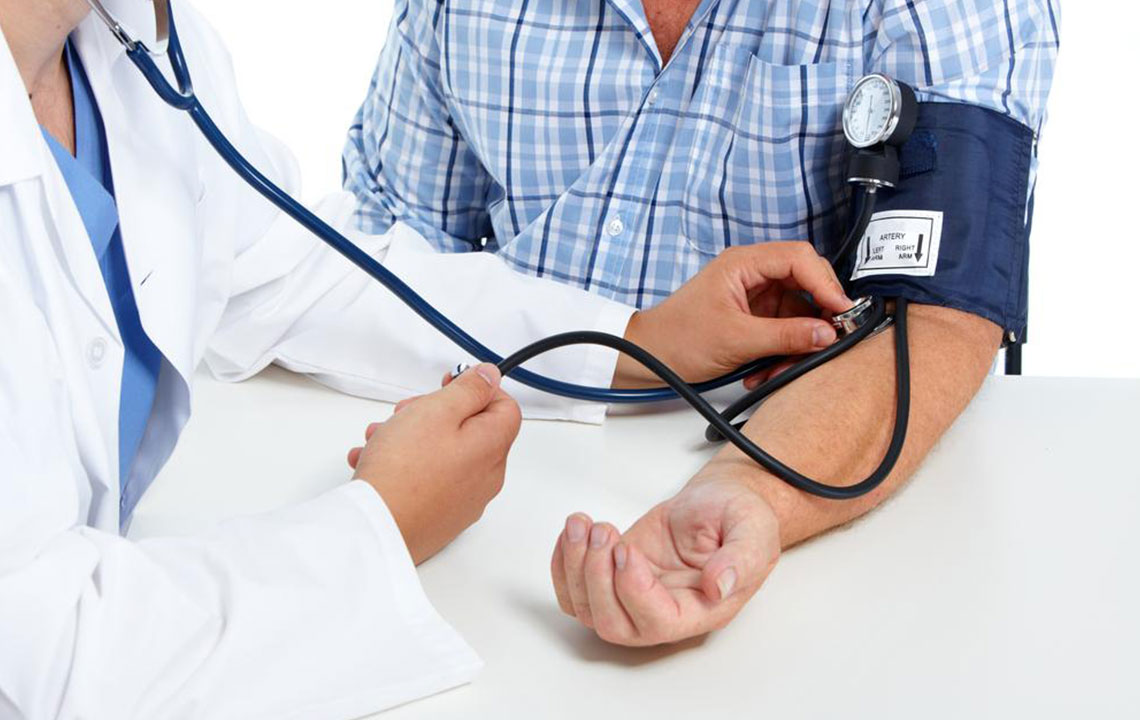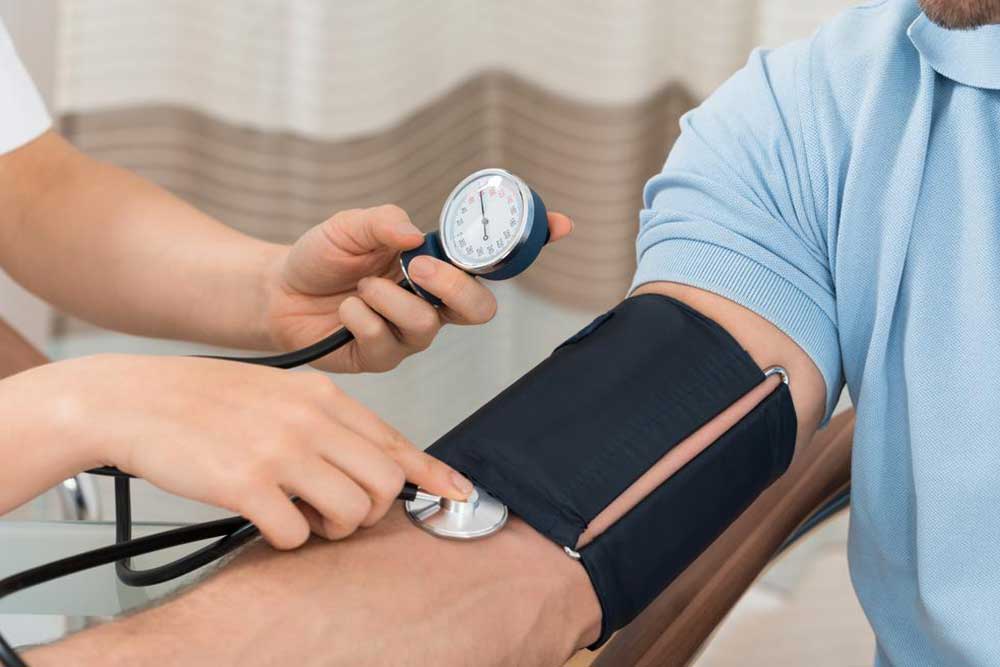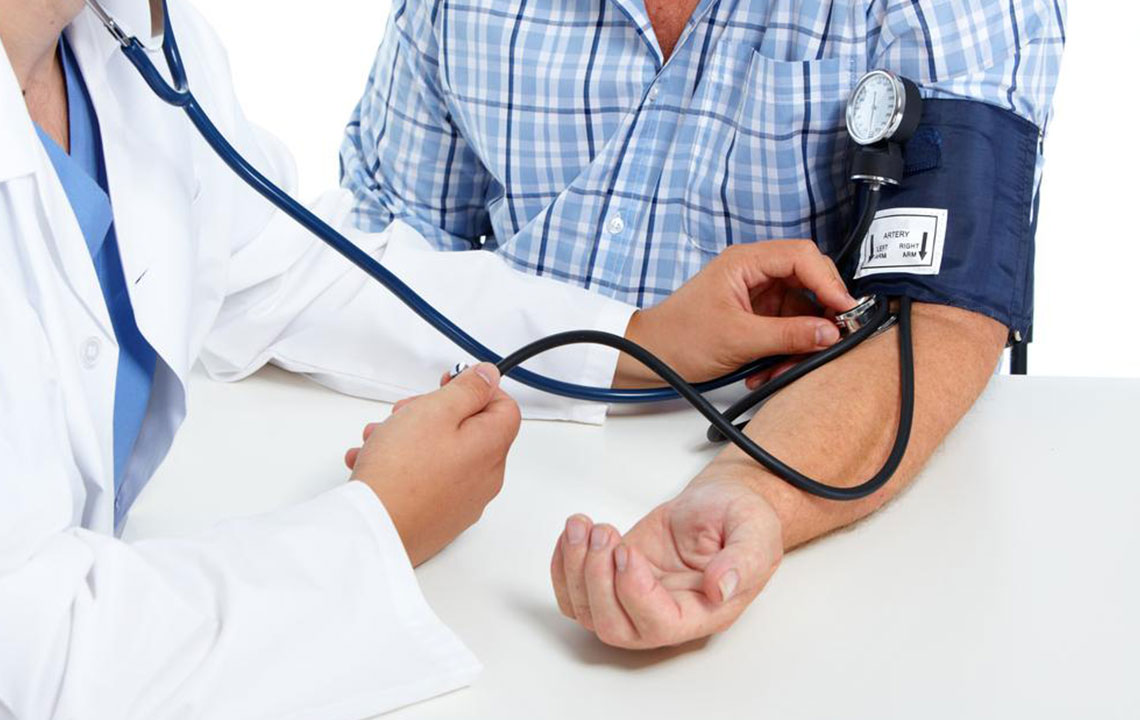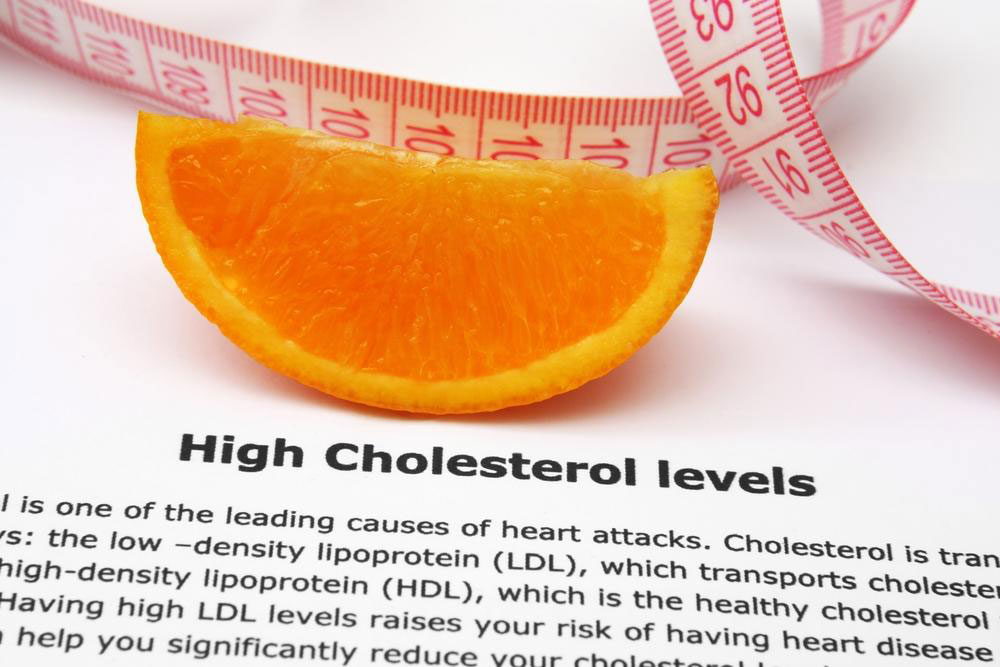Comprehensive Guide to Managing and Preventing Hypertension for Better Heart Health
This comprehensive guide explores effective strategies for managing and preventing hypertension through lifestyle modifications, dietary adjustments, physical activity, and stress management. It emphasizes the importance of regular monitoring and provides practical tips to promote better cardiovascular health and reduce associated risks.

Effective Strategies to Prevent and Control Hypertension
Blood circulation plays a vital role in maintaining overall health and well-being. It ensures that oxygen and nutrients reach all body tissues while removing waste products like carbon dioxide and other metabolic byproducts. The heart acts as the central pump, generating pressure when it contracts to push blood through an extensive network of arteries and veins. Proper regulation of blood pressure is crucial because chronically high levels, known as hypertension, can significantly increase the risk of serious health problems such as stroke, heart attack, kidney disease, and vision loss. Many factors contribute to hypertension, including poor diet, lack of physical activity, excessive alcohol consumption, smoking, chronic stress, and genetic predisposition. Therefore, understanding how to effectively manage and prevent high blood pressure is essential for a healthier life.
Practical Measures to Prevent and Manage Hypertension
Implementing targeted lifestyle changes can dramatically improve blood pressure levels and reduce the risk of developing severe cardiovascular diseases. Regular monitoring of blood pressure with a reliable sphygmomanometer helps keep track of your health, motivates you to maintain a healthy range, and allows timely intervention if levels rise.
Key lifestyle modifications that have proven effective in controlling hypertension include:
Achieving and maintaining a healthy weight: Excess body weight increases the strain on your heart and blood vessels, leading to higher blood pressure. Incorporating a balanced diet and regular physical activity helps in weight management, which is crucial for preventing and controlling hypertension.
Reducing sodium intake: Consuming too much salt is linked directly to increased blood pressure. Even modest reductions in salt consumption can lower systolic and diastolic pressure by approximately 6 to 8 mmHg. Since processed foods, fast foods, and restaurant meals typically contain high sodium levels, being mindful of salt intake is vital.
Boosting potassium-rich foods: Potassium is a key mineral that helps relax blood vessel walls, thereby lowering blood pressure. Incorporate foods like bananas, spinach, sweet potatoes, melons, oranges, and beans into your daily diet to naturally balance sodium levels and promote vascular health.
Regular physical activity: Engaging in moderate exercise such as brisk walking, cycling, or swimming for at least 150 minutes per week can help lower blood pressure, strengthen the heart, and improve overall cardiovascular health.
Limiting alcohol and tobacco use: Excessive alcohol intake and smoking are significant risk factors for hypertension. Reducing or eliminating these habits can markedly decrease blood pressure and protect your cardiovascular system.
Managing stress effectively: Chronic stress can contribute to high blood pressure. Practicing relaxation techniques such as meditation, deep breathing, yoga, or engaging in hobbies can promote mental health and stabilize blood pressure levels.
To accurately assess your blood pressure, it is recommended to use a reliable blood pressure monitor and keep a log of your readings. Understanding the systolic (upper number) and diastolic (lower number) pressure readings helps you gauge your health and make informed lifestyle choices.
Maintaining a comprehensive blood pressure chart can enhance your awareness of trends and assist your healthcare provider in tailoring treatment plans if necessary.





